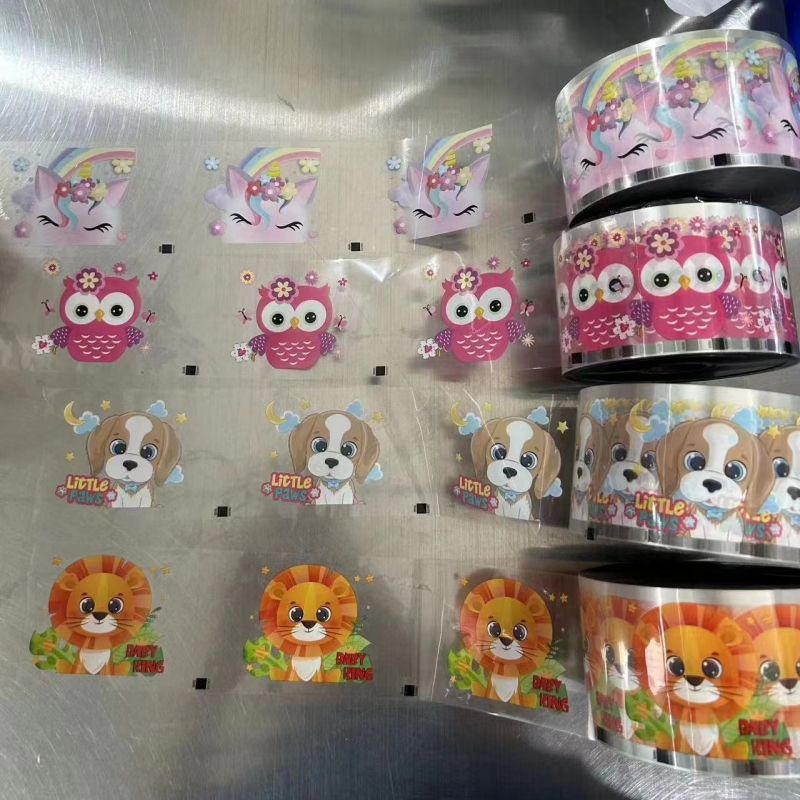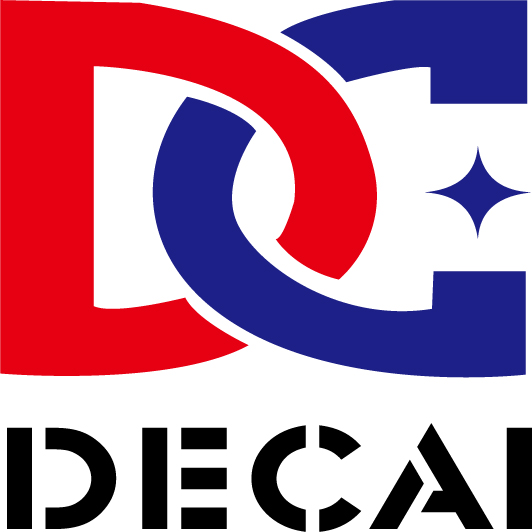
1. Excellent Adhesion to Plastics
Unlike traditional printing methods, heat transfer film bonds securely to various plastics (PVC, PET, ABS, polycarbonate) without cracking or peeling. The heat-activated adhesive ensures long-lasting prints, even on curved or irregular surfaces.
2. Vibrant, High-Resolution Prints
Heat transfer films support intricate designs, photorealistic images, and metallic/glossy finishes. Unlike screen printing, they don’t fade quickly and maintain color consistency across batches.
3. Durability & Resistance
Plastic products often face abrasion, UV exposure, and chemicals. Heat transfer films are engineered to withstand:
- Scratching (e.g., credit cards, appliance panels)
- Weathering (e.g., outdoor signage, automotive decals)
- Chemical exposure (e.g., medical equipment labels)
4. Cost-Effective for Short to Medium Runs
For custom plastic printing (e.g., promotional items, electronics), heat transfer films eliminate the need for expensive molds or plates. Setup is faster than pad printing or silk screening, reducing labor costs.

While highly effective, heat transfer films require:
- Precise temperature control** to avoid warping plastic substrates.
- Surface pretreatment** for certain plastics (e.g., flame treatment for polypropylene).


Post time: Mar-28-2025
